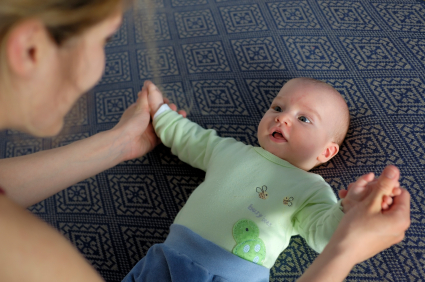What is pragmatic language?
Pragmatic language refers to the communicative intent, rules and social aspects of language. It is the way in which language is used to communicate in a variety of different contexts, rather than the way language is structured. A major component of pragmatic language is being able to read the cues of the communication partner and following conversational rules.
How will I know if my child has a problem with pragmatic language?
Often times, children who demonstrate challenges regarding pragmatic language will have difficulties sharing, using appropriate eye contact, initiating and maintaining conversations and joining in during structured activities with peers. They may also present weaknesses when participating in “make believe” activities, have a limited variety of language that they use, have poor storytelling skills and prefer to play alone rather than with other children. Some children have trouble understanding emotions and feelings which may negatively impact their interactions with others. This may also lead to challenges with perspective taking (i.e. imagining how someone else feels).
A few ideas to facilitate pragmatic language skills at home:
- Participate in pretend play activities with your child
- Play simple games to encourage turn taking
- Check out this blog for some game ideas!
- Participate in group activities with peers
- Create stories together
- Practice making music with different instruments
- Role play scenarios in which there are problems and solutions (i.e. finding a toy in a story, ordering food in a restaurant)
- Allow your child to lead during motivating activities
- Work on greetings with familiar people (i.e. mailman, family friend, grandparents)
Individualized treatment sessions help to encourage appropriate social awareness skills. Children benefit significantly from structured social group activities to help practice appropriate pragmatic language skills as well! For more information on ways to help encourage pragmatic language and social skills, please contact a licensed speech-language pathologist.













